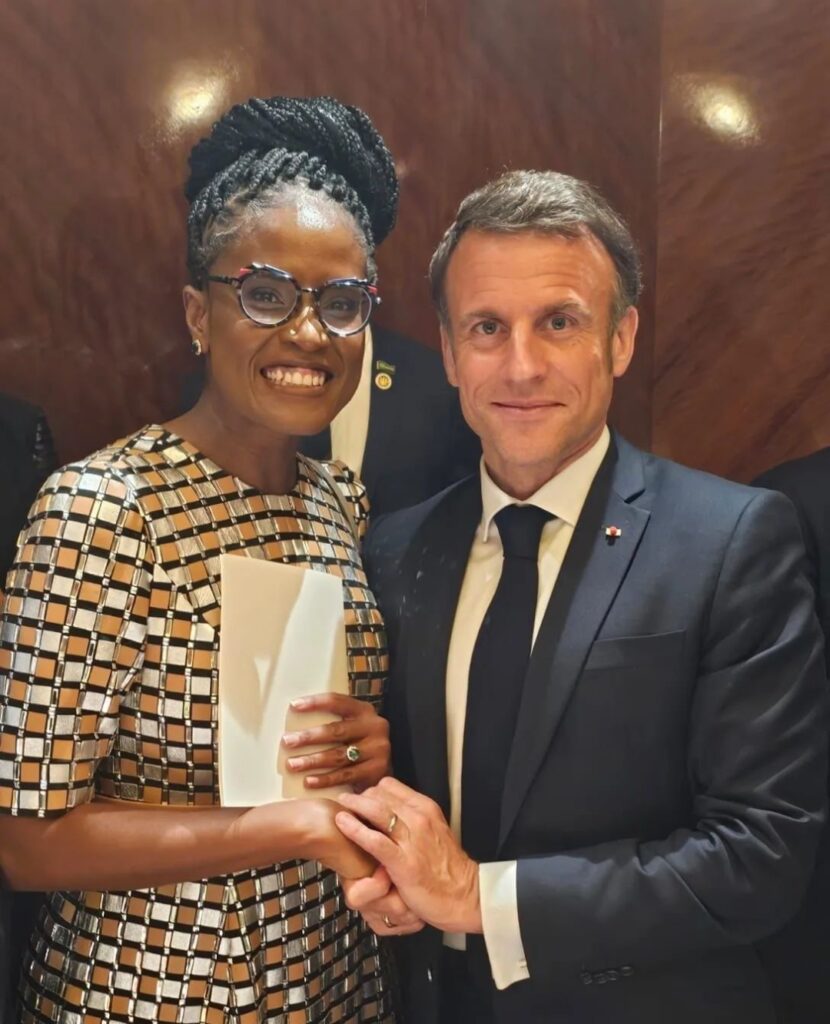Last Wednesday (27), Djamila Ribeiro attended a dinner with French President Emmanuel Macron in São Paulo. On her Instagram, the Brazilian philosopher described the opportunity as an important moment of dialogue, reflection, and bridge-building between Brazil and France, and the result of work carried out over the years in the political and cultural scene.
“As a writer who has three books translated and one book published only in French, I had the chance to dialogue with French and African activists and intellectuals on various tours, and I was able to establish important bridges.”
The Brazilian philosopher also expressed gratitude for being awarded in 2023 with the Franco-German Prize for Human Rights and the Rule of Law, one of the highest honors, jointly awarded by Germany and France. Speaking further of her relationship with the European country, Djamila recalled that in 2023, the then French Chancellor Catherine Colonna visited the Plural Feminisms Space. On that occasion, possibilities of cooperation involving women’s empowerment work were discussed.
In the meeting with Macron, the Brazilian writer suggested that France should be inspired by Brazil, adopting ethnic criteria in its census.
“I took the opportunity to point out the importance of developing research and statistics based on race, something that is not done in France currently, but that Brazil has much to contribute and teach.”
This was the second time that Djamila met with Emmanuel Macron. In 2019, the philosopher participated in the Personalities of Tomorrow program, promoted by the French government, when she was able to meet the French president at the Elysée Palace, during the award ceremony of the Simone Veil Prize to Cameroonian activist Aissa Doumara.
Djamila also highlighted the presence at the dinner of world champions Raí and Paulo Cesar Caju, who made history in French football playing for Paris Saint German and Olympique de Marseille, respectively.
“I had the honor of sharing the table with the greats Paulo Cezar Caju and Raí, three-time and four-time champions respectively, who are idols in the president’s country. Furthermore, they are two examples of the powerful combination of talent and political consciousness, unfortunately something so lacking in today’s football scene.”
Also present at the dinner, among other distinguished personalities, were Professor Ligia Ferreira, a reference in studies on the life, work, and legacy of Luiz Gama, and Roberta Estrela Dalva, who, as Djamila rightly pointed out, “has been developing important work in Brazilian culture to promote Poetry Slams for years.”
